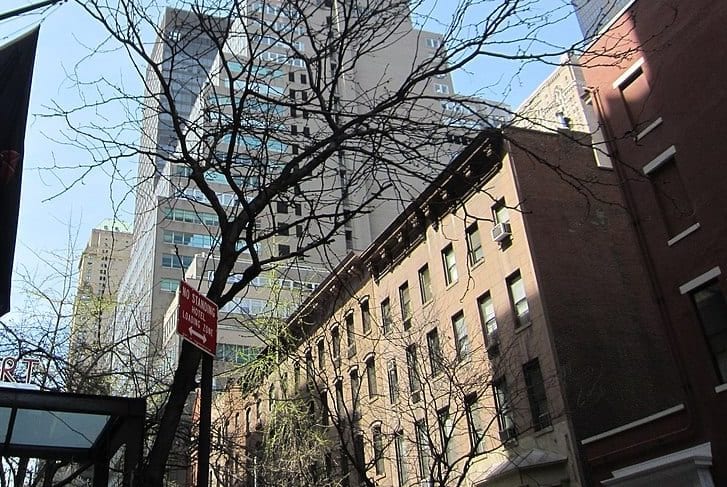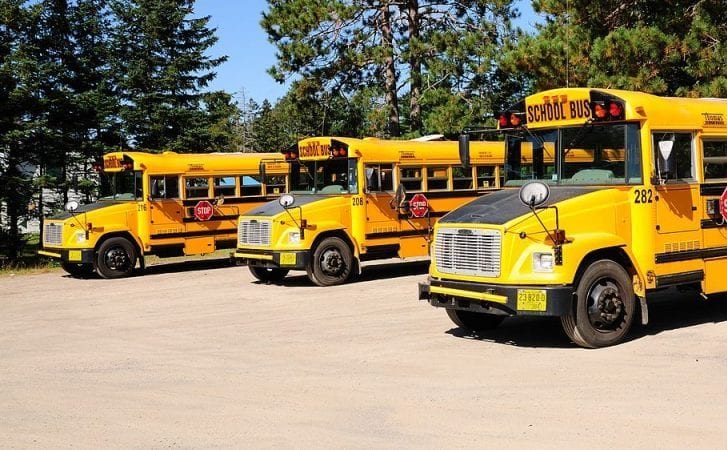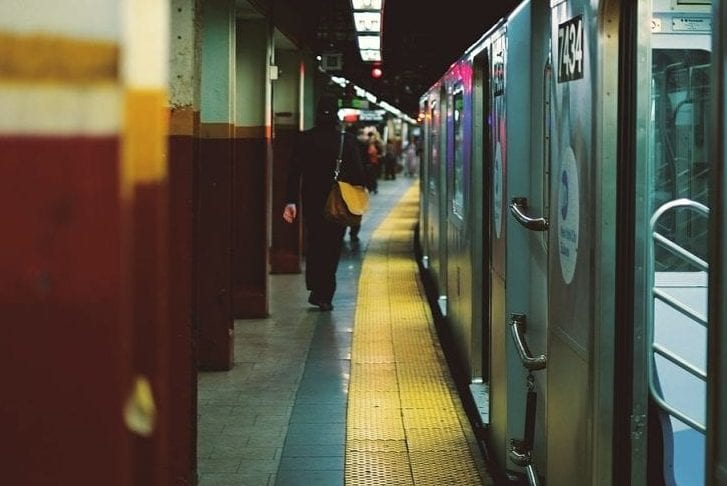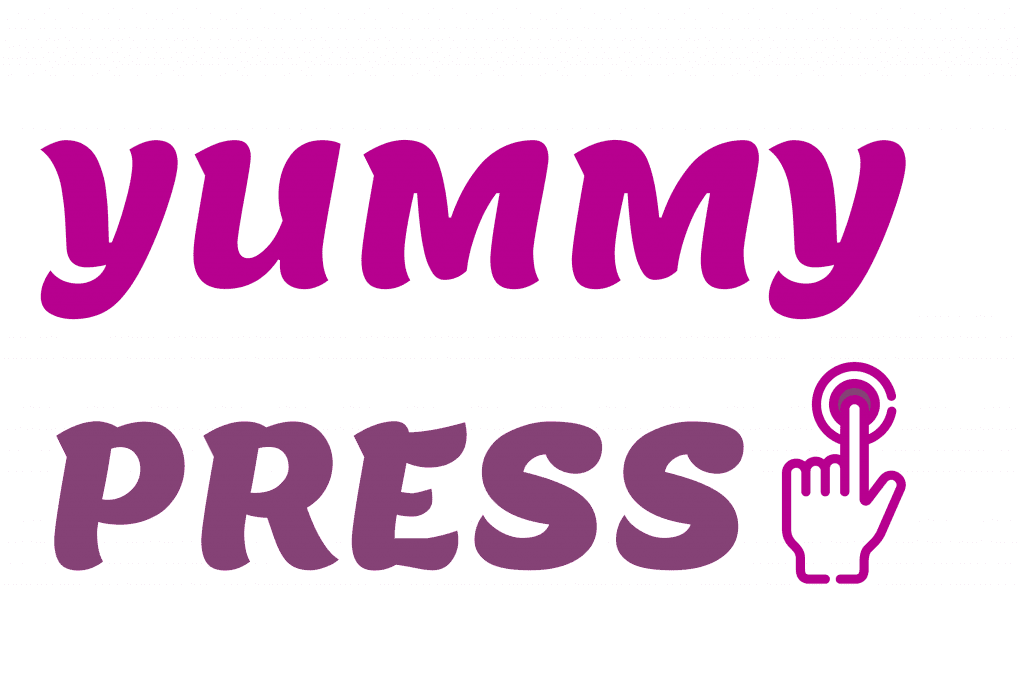The coronavirus has shaken up the entire world, including the world’s biggest epicenters like New York, which has become a ghost town ever since the social distancing rules were put in place.
The city was already one of the most expensive places to live in, now with rampant unemployment, it has become a living hell for its residents who have been locked inside their tiny apartments for weeks.

New York has become a ghost town ever since the social distancing rules were put in place
The city’s main attraction was its vibrant streets and other amenities which have now been forced to shut down. In such circumstances, the residents are left with no choice but to flee the city and find settlements that more affordable and peaceful.
Even the most devoted urbanites are converting into suburbians and real estate companies are jumping in to facilitate this shift and find them more spacious homes where they can practice social distance in peace.
Alison Bernstein, the founder of a real estate firm called Suburban Jungle says that before you look for a way out, there are three key things to consider, which will eventually help you find the right home for your needs.
Ignore the School Rankings

If you have kids, it’s natural to consider their education before making the big move
If you have a family and kids, it’s natural to consider their education before making the big move but don’t let this be the only factor that motivates your decision. School rankings are important but they often don’t reveal the full picture. To learn the full story, you must look at how schools have improved their resources over the past 10 years.
Don’t Forget Childcare
Urbanites rely on daycares and caretakers to look after their kids while they’re at work, but not all suburbs offer the same facilities. If childcare is your primary focus, make sure you find out what the options are in the areas you’re looking in.
You might need a live-in caretaker which will affect the size of your house and the budget allocated to childcare, or you might want to look into daycare centers. Either way, do your homework before making the move.
Transportation

Think about transportation and how easy it is to park your car at the train station
Although we’re now moving into an era of remote working, if you do have to make a commute to the office from your new town every day, think about transportation and how easy it is to park your car at the train station.
Maybe the town that’s closer has a shorter commute, but a longer waitlist for parking. You might be sacrificing a few extra minutes by choosing a town that’s farther away but at least you won’t have to circle around the train station for hours trying to find a vacant parking spot.




